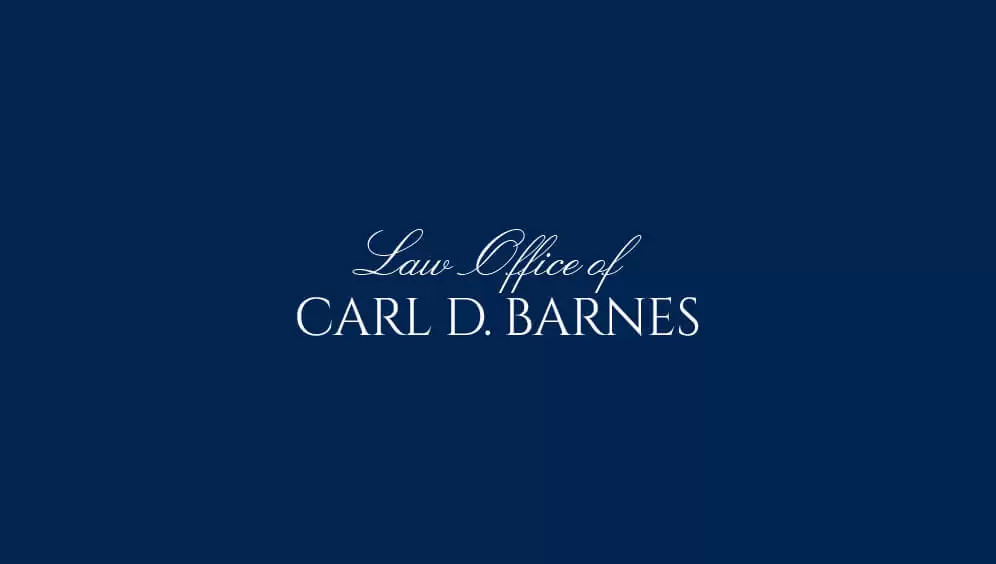Free Consultations
What are the lingering effects of a brain injury?

Not all injuries occur in the same way or affect people similarly. When it comes to a brain injury, the long-term prognosis often varies from person to person.
When the brain sustains an injury, it disrupts other functions, some of which may prove more detrimental than others. Even after the damage heals, a person may have to deal with the lingering effects for years. Learn more about what can happen to those with a brain injury in the years following.
What is a traumatic brain injury?
Any damage to the brain may prove detrimental and almost all fall under the category of a traumatic brain injury. Note that the cause of a TBI is not always a blow to the head. The brain’s movement within the skull is enough to injure it, resulting in bruising and bleeding. Along with neck pain in the hours and days after a crash, whiplash victims may also experience severe headaches, dizziness and generally fogginess. These symptoms all point to an underlying TBI, which may become life-threatening if left undiagnosed and untreated.
What are possible permanent effects?
The more severe a TBI, the higher the chance of permanent disability. Some people experience hearing loss or other sensory deficiencies. Others may have paralysis in some areas depending upon the severity of the brain damage. Common long-term effects of a TBI include:
- Cognitive deficiencies
- Chronic headaches
- Loss of balance
- Memory loss
- Personality changes
- Mood disorders
TBI survivors have an elevated risk of developing Alzheimer’s, even at a younger age.
Any injury to the brain is nothing to get over quickly, and the lingering effects may impact a survivor for many years.

2500 East Colorado Boulevard
Suite 350 Pasadena, CA 91107
Pasadena Law Office Map

